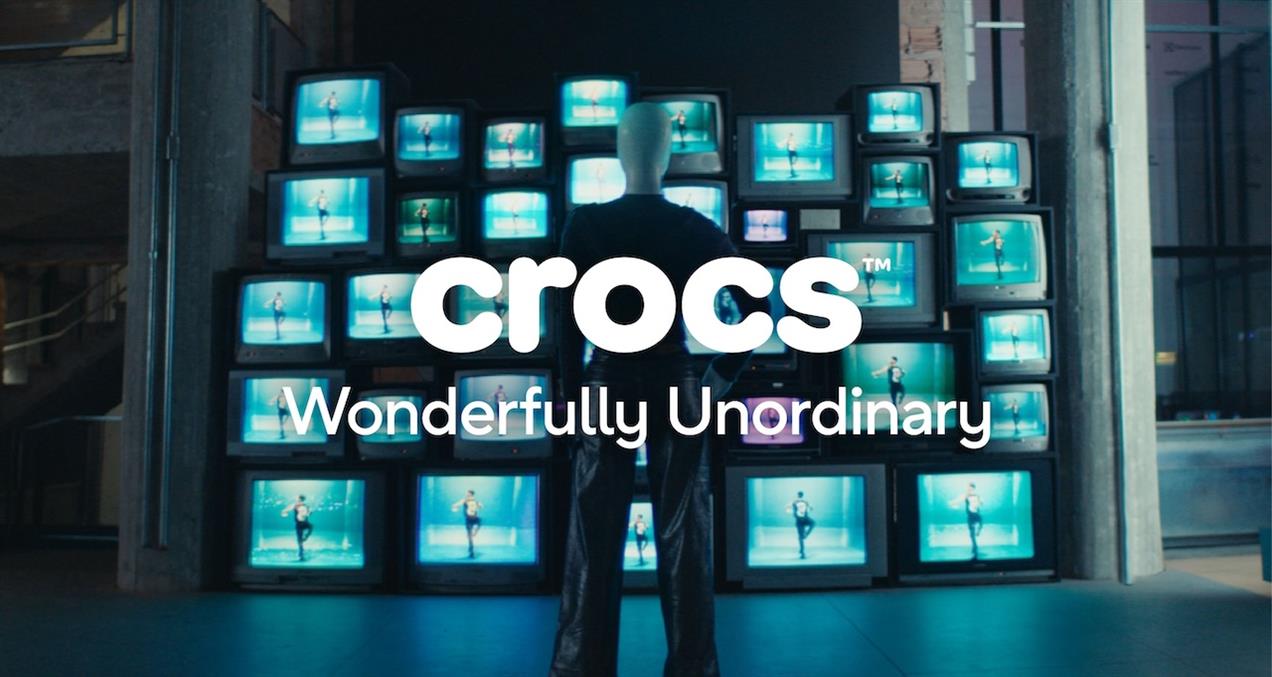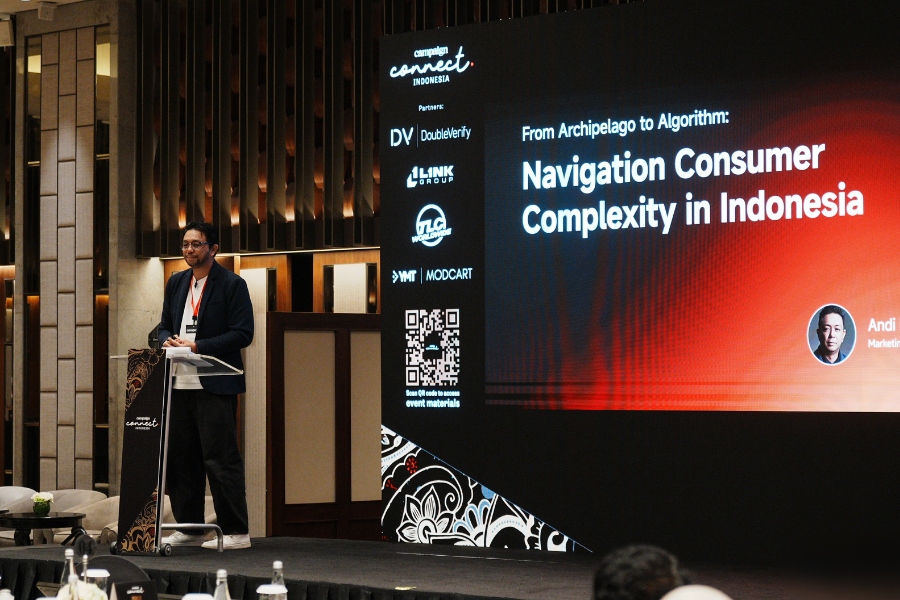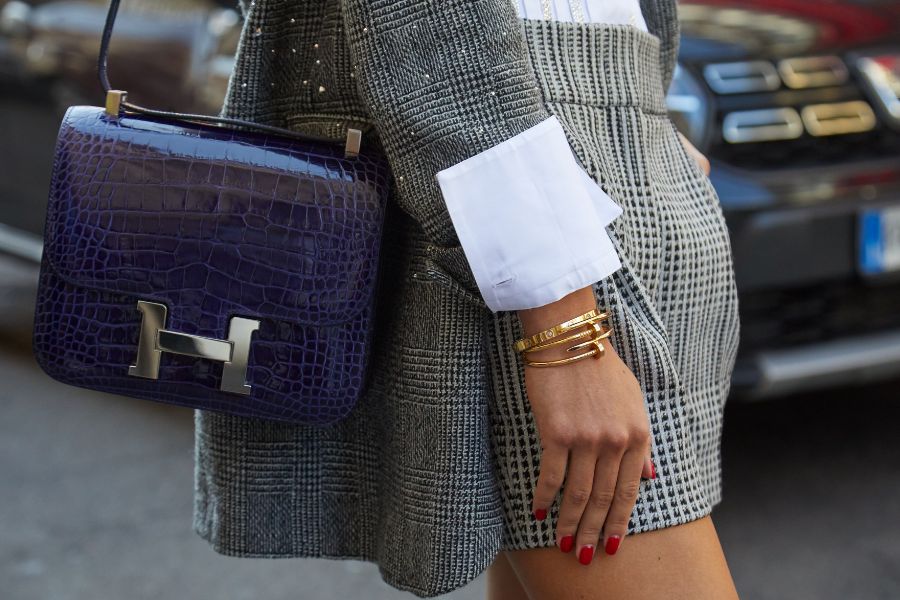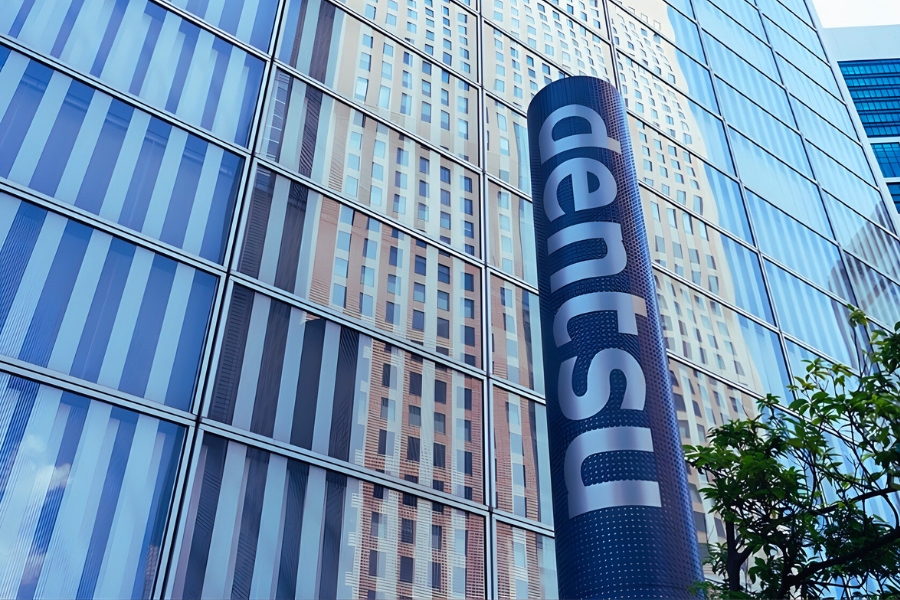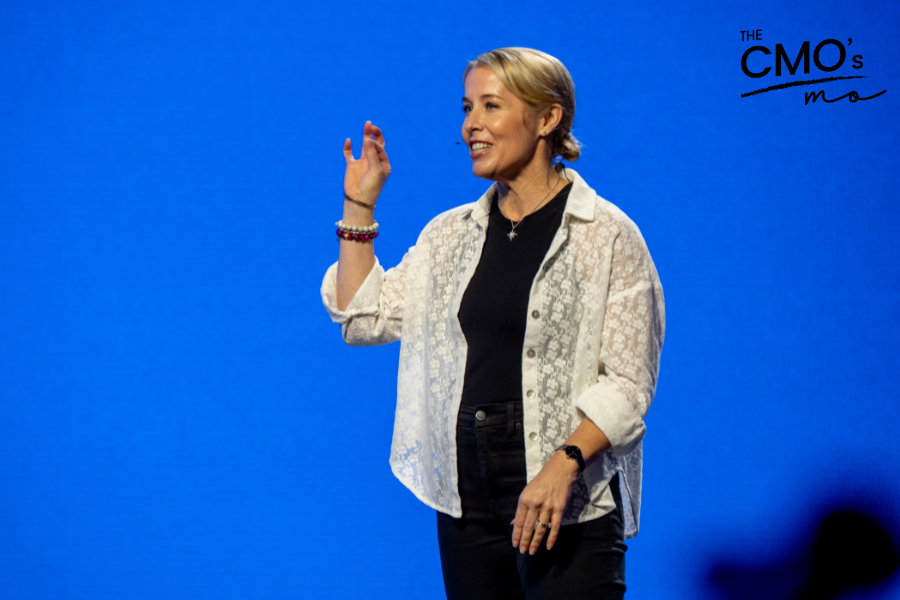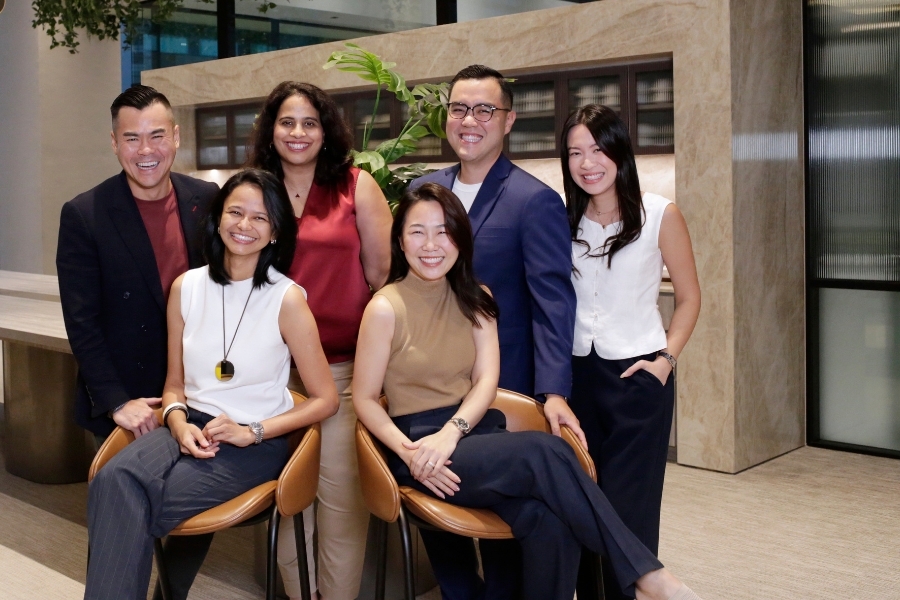Chanel unexpectedly lost a southern China court trademark infringement case, striking a blow to the luxury brand's ambitious counterfeit battle.
Guangzhou Intellectual Property Court recently ruled that a jewelry shop owner in South China’ Guangdong Province didn’t infringe Chanel’s exclusive rights to the use of its registered trademark (frequently seen as “Double C”).
The court said that there is no evidence of any circumstances to indicate that the defendant, recognized surnamed Ye, was misleading consumers when his shop was selling the jewelry products in dispute. Neither was there evidence to indicate that Ye labeled his products as Chanel’s so that consumers would have mistakenly believed they were buying Chanel products.
The topic is trending on Weibo – China’s Twitter-like microblog. Under the hashtag #chanelfailed (#香奈儿败诉 in Chinese), many users support Chanel, with one user named “嗯你想干嘛” commenting: “It seems foreign brands never win a trademark case against domestic brands.” Another user named "微笑De弧度本人" added, "Of course the shop uses products similar to the Chanel logo to attract consumers! Otherwise, why is it so similar!"
The judgement is the latest in a long history of Chanel legal action against the jewelry shop owner dating back to June 2016.
In 2014, Ye set up a store selling branded jewelry as “Zhou Baifu”. Then in June 2016, the local industry and commerce regulator went to inspect Ye’s store after receiving clues that the shop sold goods suspected of trademark infringement. After a Chanel representative confirmed on the spot that the goods in dispute had infringed the French brand’s “Double C” trademark, Ye was fined by the government department 80,000 yuan (US$11,636) with relevant products confiscated.

Months later, Chanel filed a lawsuit to Zhuhai court on the grounds of trademark infringement, and the court ordered Ye to compensate Chanel 60,000 yuan (US$8,727) as damages.
Unsatisfied with the results of first instance judgement, Ye appealed to Guangzhou Intellectual Property Court, claiming Chanel’s representative’s confirmation was not credible. After the hearing, the court ruled that Chanel didn’t provide sufficient evidence that Ye took advantage of its products’ similarity to Chanel’s logo in promoting its goods, and therefore cancelled the first judgement.
Chanel continues to actively fight to protect its trademark internationally. In 2018, Chanel filed a lawsuit in Michigan, USA against local brand 'Shanel Fashion', asking the court to order 'Shanel' to stop using the name, which Chanel alleged is connected with its own brand phonetically.
Last November, Chanel sued luxury retail platform The RealReal in a trademark infringement and counterfeiting lawsuit, accusing the site of selling counterfeit Chanel handbags.


